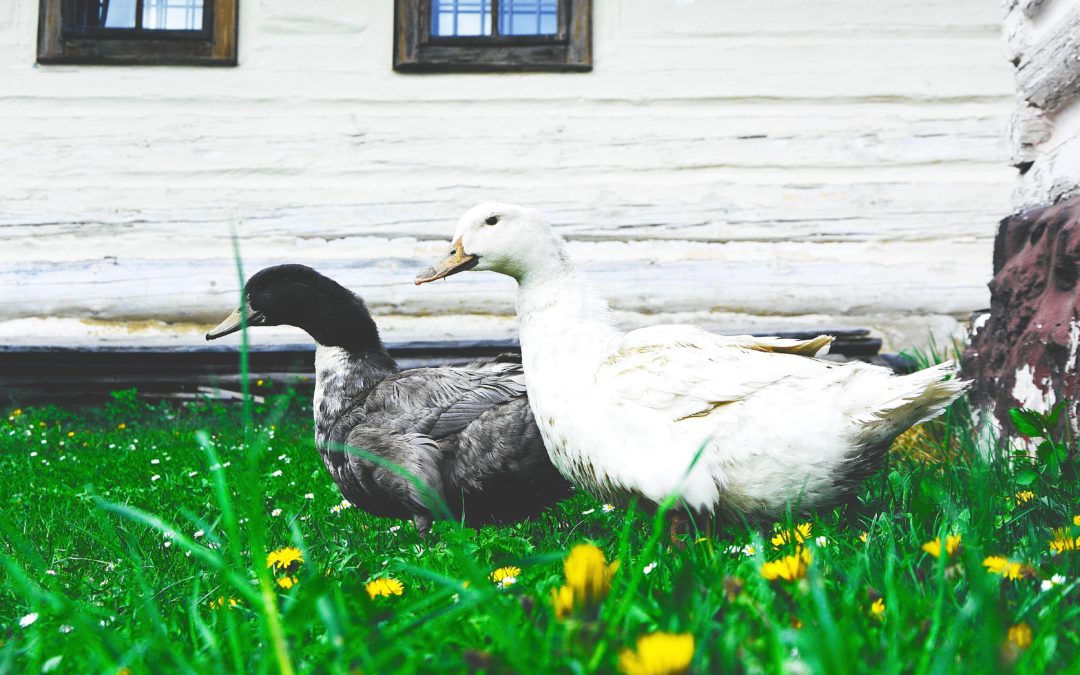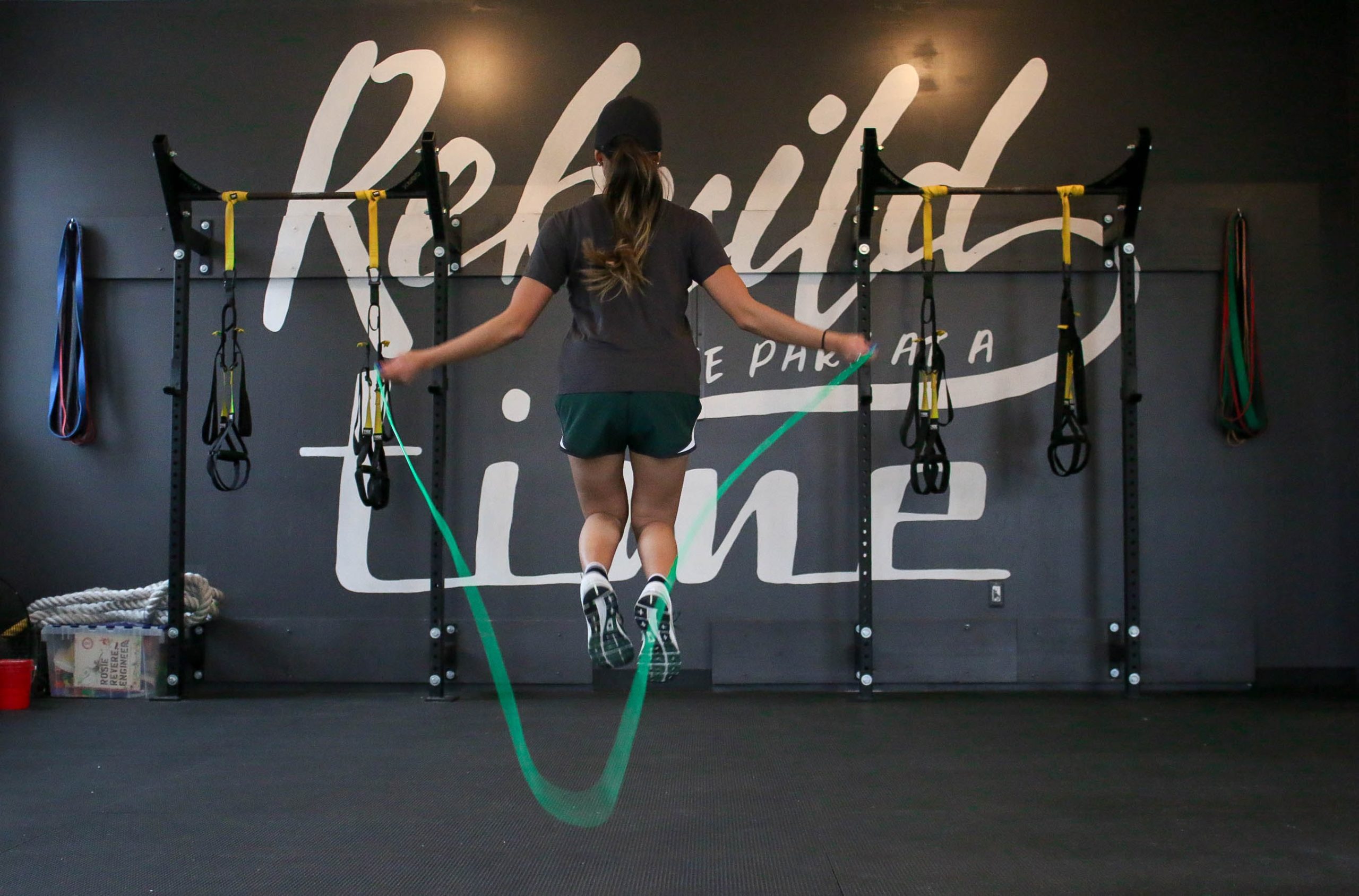
by rossanahead | Jan 26, 2012 | career, children, family, woman
By Paula Bianca Abiog
A few days before the Chinese New Year, my mom started sprucing up our home to welcome the year of the dragon. Up went the red curtains. Throw pillow covers were changed to red as well. On our dining table were the requisite display of 13 round fruits, plus bowls of uncooked rice, sugar, salt, cotton, chocolate coins, and ang pao.
“What are those for?” I asked.
“For luck,” my mom answered.
I had to fight the urge to let out an amused smile. Can uncooked rice and round fruits really invite luck into our home and our lives? Sure, it won’t hurt to follow these traditions (and I’m not sure we even have Chinese blood in the first place), but wouldn’t it be better if we don’t just rely on some external factor to steer luck our way?
I read somewhere before that luck wasn’t really about having all the lucky charms on your body and inside your home. It’s more of a belief: consider yourself lucky, and you will be lucky. Like most things in life, “luck” doesn’t come for free. You have to make your own luck.
Not that I’m dismissing my mom’s lucky charms, but I thought I’d help speed up luck to come our way by being proactive as well. Here’s what I plan to do to be lucky for the rest of the year:
Think lucky. Earlier this year, I declared 2012 as “my year”—I will be successful both in my professional and personal life. It’s too early to tell just yet if this year is indeed my year, but I think having that thought, and shouting it out to the world, can go a long way in inviting luck in my life. Happy, positive thoughts will generate happy, positive results, so this early on, I will consider myself lucky.
Work on your luck. As my friend always says, “If you want to win the lottery, you have to buy a ticket.” In other words, to be lucky, you have to take chances. It’s time to stop thinking “There’s no way in hell that’s going to happen,” or “I don’t think I should do this.” Being open to all possibilities, shutting out the negative talk, and taking the plunge should now be my battlecry.
Be thankful. Another friend once said that we should always be thankful for all the blessings we receive to invite more blessings to come our way. The other day, as I was eating lunch with my new officemates, I realized that I was lucky to be with these nice, friendly people who helped make me feel welcome in the office. Cheesy as it sounds, I did say a little thank you prayer to God for letting me meet this new set of wonderful people. Being thankful puts you in a positive frame of mind, I guess, and will eventually lead you to get more things to be thankful for.
Photo by Malvestida Magazine on Unsplash

by rossanahead | Jan 24, 2012 | career, Education, Mari-an Santos, woman
By Mari-An Santos
I have always been a diligent student. Studying is something I take very seriously, and so I am accustomed to getting good grades in school. Every day, I remember, I would have homework in at least two of my classes and a quiz the next day. I would stay up until late in the night to turn in a more than satisfactory paper; putting in as much study time as I could for upcoming examinations. This work ethic paid off and I graduated cum laude from university.
It took me by surprise then how classes are conducted so differently in Europe. Since my colleagues in my Masteral classes are working people, we only meet on weekends. Professors are not very strict with attendance. In fact, I was surprised to learn that there were actually more than 20 students enrolled in our block; only ten attended classes regularly.
Here in Romania, teachers prefer free-flowing discussions. They encourage students to give their thoughts and opinions. There are no quizzes or midterm exams, only a final paper and the final examination. The burden of learning rests almost entirely on the students’ shoulders—how bizarre!
Because the classes are not conducted in English, I’ve had to work double time on my language skills. I need to pay attention in class in order understand and follow the discussions. Usually, the professor stops in the middle of the class to summarize for me in English what has already been discussed—and to ask for my input. He does the same at the end of the class. In this case, I am challenged to snap back from a bubble of very little understanding, to understand everything that’s been discussed, and to formulate an opinion. This also means I cannot be distracted during class nor can I say “pass” when asked a question.
What do I do on weekdays? I read the books recommended by my professors so that I can follow the class. But even in this area, I have the freedom to choose what I want to read; the professors aren’t strict about reading lists as well.
In many ways, it is an admirable system. Each student is responsible for his own performance—whether he comes to participate in class, reads appropriate books, and strives hard to write a good paper and perform well during the examination. In effect, the student is also able to formulate his own ideas based on what he learns from various sources. If he’s lazy, then he won’t learn anything.
Now, I have become more accustomed to being less pressured and frazzled about school. If I don’t do my readings, then I only have myself to blame for not performing well in class. It is also up to me to digest all these concepts and ideas, and decide what I think and feel about them.
And the papers? Well, we’ll see how I fare come examination week.
Photo by David Travis on Unsplash

by rossanahead | Jan 21, 2012 | children, Education, family, parenting
By Romelda C. Ascutia
Father and son were squatting in front of their gate, hunched over black dots on the ground that as I passed by took on the shape of adorable ducklings.
Children and animals go beautifully together like coffee and cream, and my two sons had their own share of animal bonding while they were growing up.
A long list of pets became transient visitors in our home over the years. During mall visits, a stopover at the Bio Research store was a must for the boys, who wanted to admire all the animals on display. Sometimes my kids would succeed in convincing their parents to make a purchase, promising to take good care of their wards. We were naïve to believe them.
One time we bought hamsters, which came complete with a convoluted cage that had all the works including spinning wheels, tunnels, and turrets. For weeks the boys would rush home from school eager to check on their pets, feed them, caress them, and clean their cage. But as time passed, the boys, with the typical short attention span of children, lost interest and moved on to the next attraction, and I was saddled with the care of the abandoned creatures.
The parade of critters in our house included turtles, tropical fish, and white mice that my kids snuck into school, kept hidden in their breast pockets to be shown to their classmates during recess.
The school was another rich source for acquiring pets. Ambulant vendors outside the school premises would entice the pupils to buy goldfish contained in little plastic bags filled with water. There were also chicks and ordinary brown birds given a makeover and dyed garish pinks and blues and greens. My children never let any of these opportunities to bring a surprise pet home pass.
At one point they brought back ducklings, and had a merry time being trailed everywhere by the baby ducks that had mistaken them for their mothers. Unfortunately, the ducklings would later be accidentally squished underfoot.
Of all the animals they had, my children were most obsessed with, to my dismay, spiders. They used up their school allowance to buy spiders locked inside matchstick boxes. These were not regarded as pets, but as combatants to be placed on broom strands and pitted against the spiders of peers. I was glad when they outgrew that phase.
Two particular pets stand out in my memory. One was a pair of outrageous quails which had the most eardrum-splitting squawk I ever heard. Like roosters with a sore throat, they woke us up in the morning with their hoarse noises, and curious neighbors would come by and ask us what those horrid sounds coming from our house were. We grew fond of those awkward fowl which, sadly, met a horrible end in the jaws of the neighborhood cats after my sons forgot to bring them inside the house one night.
The other unforgettable pets we had were hermit crabs. These creatures were sold by pedestrian vendors then, but recently they have found their way into malls. Their shells have been painted in bright colors or cartoon designs and they come housed in proper cages. Of course, they also carry a much fancier price tag.
Our hermit crabs resided in a cardboard box and were actually a breeze to care for. But when my children got tired of them as usual, the neglected crabs escaped from their box, and I assumed they had died from lack of food. Then one day, like Sigourney Weaver in Alien, I saw a strange form dart from behind the refrigerator. It was a hermit crab. The hardy creature had apparently survived for months scavenging on its own (which probably does not say much about my housecleaning skills).
My kids no longer ask me to buy all sorts of pets for them. But they have learned the valuable lesson of taking responsibility for other living creatures they take under their wing, and they now help me feed and care for our pets. They have also learned to respect the right to life of all animals, and during heavy rain would catch frogs that cross our street to put them back safely in the vacant lot where they came from.
Photo by David Jusko on Unsplash

by rossanahead | Jan 19, 2012 | children, Education, family, parenting
By Maridol Rañoa-Bismark
“What do you like more? High school or college?” I ask my son, who’s on his third year at the university.
“College,” he replies, without missing a beat.
In college, he tells me, you get to meet more people from all walks of life. You also have more freedom, the freedom to choose your teachers, your schedule, and your extra-curricular activities.
If high school is the time to form cliques, then college is the time to widen one’s social circle, and to create as many of those circles as one can. No longer bound to one section, your teenager can hop from one college to another like a butterfly flitting from one flower to the next. He may make friends with schoolmates who are so unlike him, or who come from a province or a country that he has never been to.
I myself am fascinated at the big university my son goes to. When I enter the building, the guard greets me “Good morning,” thinking that I’m a professor. Since my age and eyeglasses allow me to assume another identity, I get to enter different school buildings and walk through an ongoing exhibit or diorama. Why, I even get to know about job openings for students. They’re posted all over the bulletin board!
Another big bonus: finding out what events my son has signed up for the month, at least we have something to talk about at the end of the day.
I pepper him with questions: Did you find the career talk useful? Are you joining the college fair? Did you meet anybody interesting in the outreach program?
It’s a great way to bond with somebody who’s turning out to be harder and harder to catch up with.
School activities are generally safe subjects to discuss; he won’t recoil when I ask about them. Sometimes, when I’m feeling lucky, I segue to more delicate matters like grades, teachers, and girls. I step on the brakes when he suddenly turns quiet or starts answering my questions with a standard, “It’s okay.”
It’s his way of saying, “I don’t want to talk about it.”
I’ll just try another day. He’ll ask for my opinion when he needs it.
For now, I enjoy the sights and sounds of the university. I walk around the campus that it is my child’s second home and try to see it through his eyes. And here’s what I saw: all these young happy people, eager to learn, eager to grow, and excited about all their tomorrows. I am instantly filled with joy and say to myself, “Wish I were in college too!”
Photo by Mateus Campos Felipe on Unsplash

by rossanahead | Jan 16, 2012 | career, Education, woman
By Paula Bianca Abiog
I say “athlete” because I don’t think I am one in its strictest sense. I don’t follow a really strict training routine, or compete in tournaments. I’m not even excelling in a particular sport. But my friends say I’m an “athlete” because I’m into tennis and running. And I’ve tried (and loved) boxing. Now I’m learning to swim.
I never thought I’d end up an “athlete.” I wasn’t a very active kid. Sure, I was able to try volleyball, softball, and a host of other games and sports during my PE classes in grade school and high school. But outside of PE, I pretty much just sat in a corner and read books. I started tennis lessons when I was 13, and I loved it, even if I only got to play in the summer. My only other hobby that involved movement was dancing, and I didn’t even do that often enough.
Things changed, though, when I started working. The long hours spent researching, interviewing, transcribing, and writing articles, and fast food lunches and takeout coffees that had more sugar than actual caffeine, have taken their toll on my body. Ballooning to almost 170 lbs wasn’t pretty, and I had to do something about it. So I signed up at a gym.
At first, I hated it. I couldn’t lift weights properly. I was exhausted after five minutes on the treadmill. I got cramps when I first tried the cardio martial arts class. But as months passed, as I got stronger and my endurance improved, I began to love gym more. I looked forward to attending group classes, even on weekends. After about a year of going to the gym, I went on the tennis courts again. And shortly after that, a friend introduced me to boxing.
I was enjoying my newfound love for sports, that I didn’t even notice the pounds slowly melting away. I just started feeling more confident and more content in my own skin. What started as a way to shed the pounds has led me to discover how I loved being active. It also gave me enough encouragement to try running (which I originally didn’t like, as I didn’t see the point of running just for the sake of running, and not because I’m trying to escape from criminals or zombies), and then swimming.
Sure, I still don’t have that 24-inch waistline (given my body type, I’m not sure it’s possible at all) and there’s still (lots of) room for improvement with muscle tone. But I’m proud of the 30 lbs or so that I’ve lost so far. I’m even prouder of myself because I learned that I can last seven rounds in the boxing ring with my sparring coach, that I can finish a 10K run in less than 90 minutes, and that I can hit pretty decent forehands and backhands.
Being the accidental “athlete” has led me to a new passion; one that I never thought I’d be able to, or have the guts to do. For a very long time, I was branded the “chubby nerd” and “the inert one.” Discovering that I can do sports now, in my 20s, made me realize that you’re never too old to try something new, or discover an aspect of your personality that you never thought existed.
Photo by Element5 Digital on Unsplash





